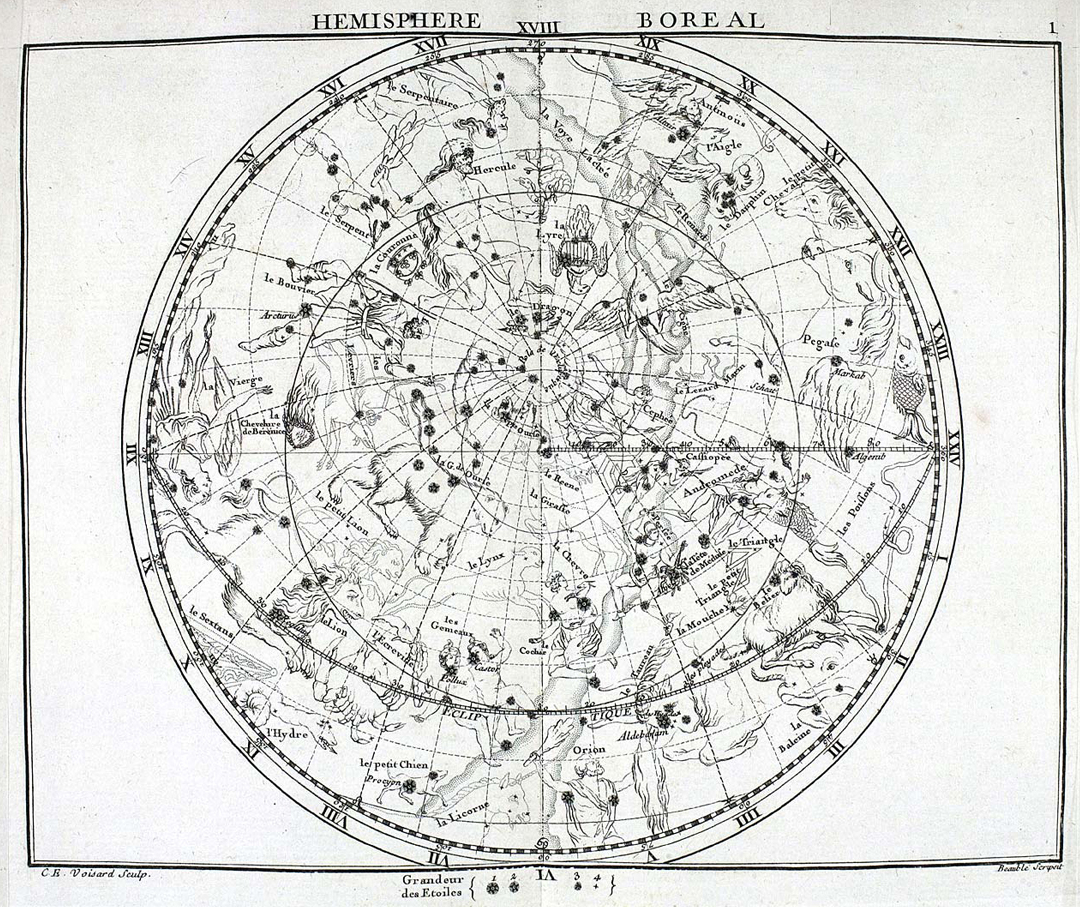|
HD 81688
41 Lyncis (abbreviated 41 Lyn), also designated HD 81688 and named Intercrus , is a fifth-magnitude star located in the northern constellation of Ursa Major. An extrasolar planet (designated 41 Lyncis b or HD 81688 b, later named Arkas) is thought to be orbiting the star. Properties It is estimated using parallax measurements to be approximately from the Sun. The spectrum of this star matches a stellar classification of K0 III, with the luminosity class of III suggesting it is a giant star. This star has about double the mass of the Sun, although a re-evaluation of evolutionary tracks published in 2011 gives a lower estimate of solar masses. It has expanded to 11 times the Sun's radius and is radiating 55 times as much as the Sun from its outer atmosphere at an effective temperature of 4,789 K. This temperature gives it the orange-hued glow of a K-type star. This star is following an orbit through the Milky Way with an eccentricity of 0.21. This wil ... [...More Info...] [...Related Items...] OR: [Wikipedia] [Google] [Baidu] |
Flamsteed Designation
A Flamsteed designation is a combination of a number and constellation name that uniquely identifies most naked eye stars in the modern constellations visible from southern England. They are named for John Flamsteed who first used them while compiling his '' Historia Coelestis Britannica''. (Flamsteed used a telescope, and the catalog also includes some stars which are relatively bright but not necessarily visible with the naked eye.) Description Flamsteed designations for stars are similar to Bayer designations, except that they use numbers instead of Greek and Roman letters. Each star is assigned a number and the Latin genitive of the constellation it lies in (see 88 modern constellations for a list of constellations and the genitive forms of their names). Flamsteed designations were assigned to 2554 stars. The numbers were originally assigned in order of increasing right ascension within each constellation, but due to the effects of precession they are now slightly out of o ... [...More Info...] [...Related Items...] OR: [Wikipedia] [Google] [Baidu] |
